Australia’s electric ute market is about to welcome a new player, and possibly one of the priciest. Isuzu is preparing to launch the D-Max EV, its first battery-powered ute, in local showrooms probably by 2026. However, early signs point to a starting price that could exceed $100,000, making it significantly more expensive than its diesel sibling.
The electric D-Max has already been revealed in the UK, and pricing there hints at what Australian buyers might expect. UK models are listed at £59,995 to £62,495, a jump of more than 50% over equivalent diesel variants. If you use that same markup to Australia’s $70,500 X-Terrain diesel model, the EV version could cost between $104,000 and $108,000 before on-road costs.
A high price for familiar power and performance
While the Isuzu D-Max EV brings electrification to its rugged ute formula, its design remains largely unchanged from the diesel version, and that’s intentional. Isuzu’s goal was to maintain the 3,500 kg towing capacity and 1,000 kg payload, even if that came at the cost of reduced battery range. The 263km WLTP figure is on the low side for this segment and could dip further when towing or hauling heavy loads.
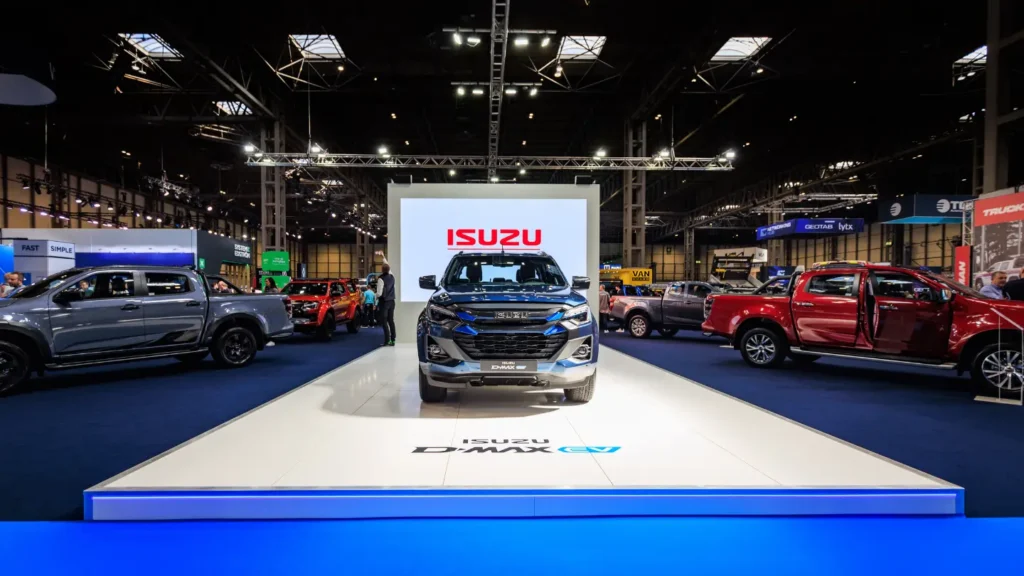
This conservative approach may make the D-Max EV appealing to existing Isuzu customers, but it puts the ute at a disadvantage compared to rivals like the LDV eTerron 9, which will deliver 430km of range and 325kW of power, while offering similar towing credentials.
Let’s look at its key performance specs at a glance:
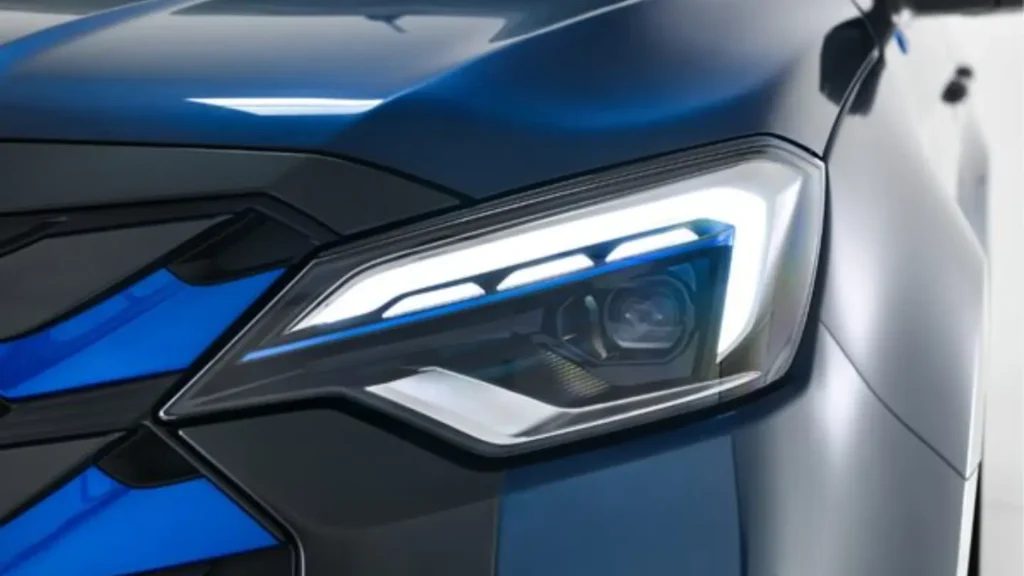
| Specification | Isuzu D-Max EV |
| Claimed Driving Range (WLTP) | 263km |
| Battery Capacity | 66.9kWh |
| Electric Motor Output | Dual motors: 140kW combined (43kW front / 97kW rear) |
| Torque Output | 325Nm combined (108Nm front / 217Nm rear) |
| Towing Capacity | 3500kg (braked) |
| Payload Capacity | 1000kg |
| Acceleration (0–100km/h) | 10.1 seconds |
| Top Speed | 128km/h |
| Charging Times | 11kW AC: 10 hrs (0–100%) / 50kW DC: 1 hr (20–80%) |
| Vehicle Weight | 2350kg (approx. 200kg heavier than diesel) |
| Ground Clearance | 210mm |
| Wading Depth | 600mm |
| Approach / Departure Angles | 30.5° / 24.2° |
Features across the Isuzu D-Max EV line-up
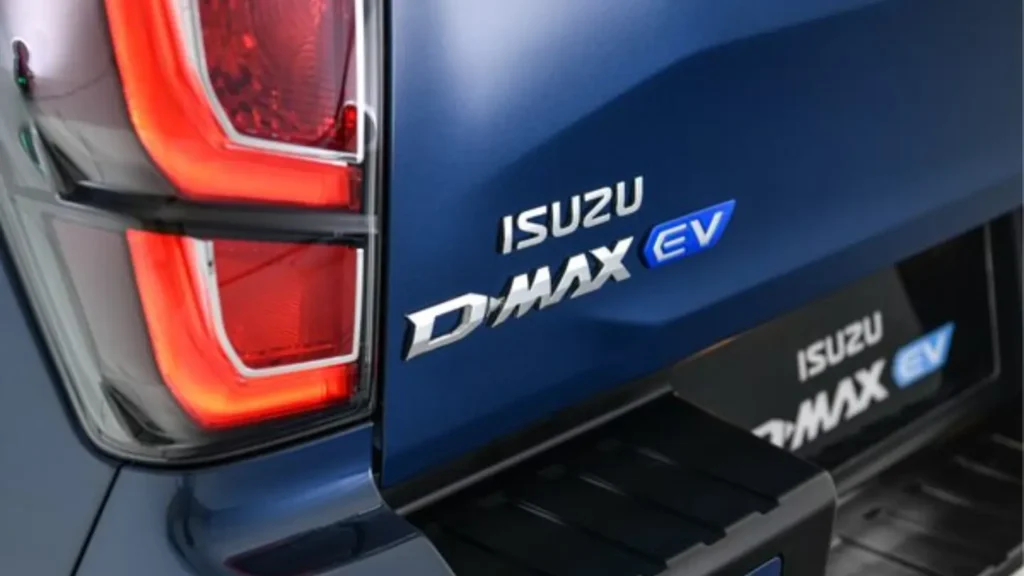
All three variants of the electric Isuzu D-Max; the eDL40 (Extended Cab), eDL40 (Double Cab), and eV-Cross (Double Cab); come equipped with a solid list of comfort, tech, and convenience features, including:
- Full-time 4×4 drivetrain
- Bi-LED headlights
- Heated front seats
- Leather upholstery*
- Dual-zone climate control
- 7-inch digital driver display
- Front and rear parking sensors
- Rough Terrain Mode
Additional highlights by variant:
- Isuzu D-Max eDL40 (both cabs):
- Chrome exterior accents
- 8-inch infotainment screen
- 6-speaker premium audio system
- Isuzu D-Max eV-Cross:
- Dark grey exterior styling
- Larger 9-inch infotainment screen
- Auto-dimming rearview mirror
- Upgraded 8-speaker premium sound system
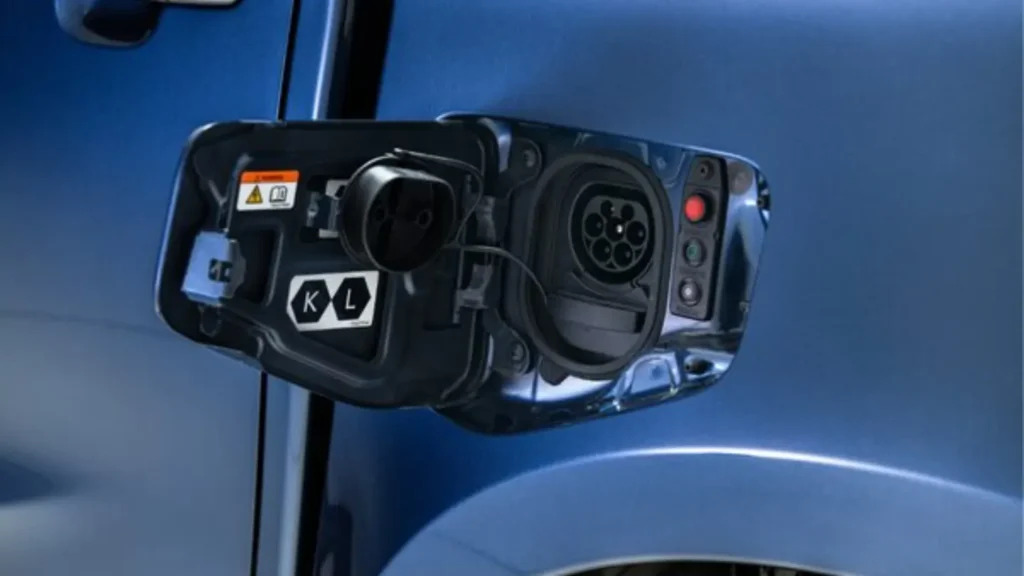
All variants are offered in a choice of solid, metallic, or MICA finishes, with the eV-Cross variant also available in Dolomite White (Pearl).
Australian launch timeline
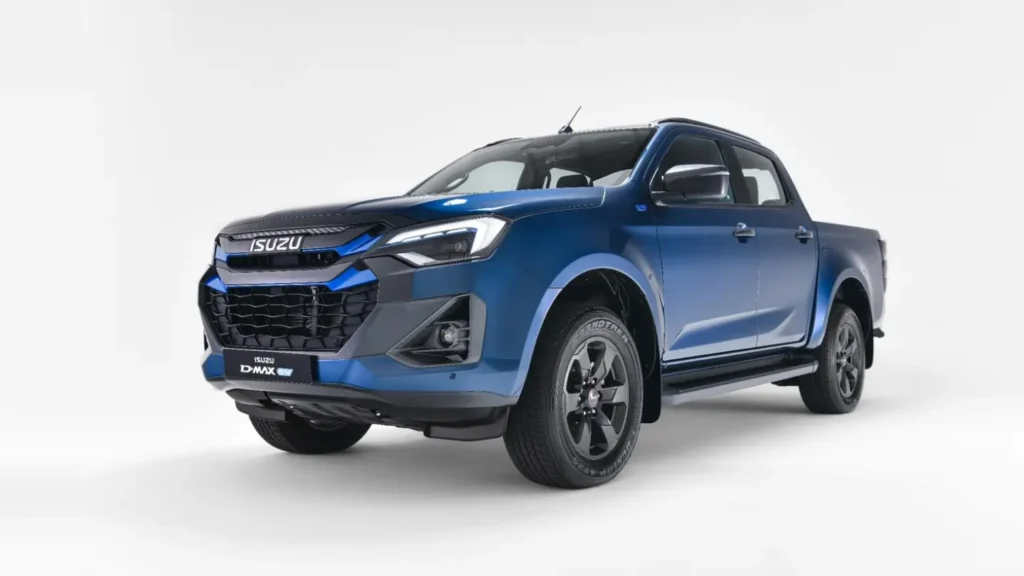
While final local pricing and arrival dates have yet to be confirmed, Isuzu has announced that the D-Max EV will be released in Australia, the UK, and Thailand following its initial debut in Norway. UK deliveries are expected in early 2026, which makes a mid-2026 Australian launch likely.
Final thoughts
The electric D-Max brings Isuzu into the zero-emissions utility market, but it does so cautiously. While it retains the robust credentials that tradies and fleet buyers expect, the price tag and short range could prove to be sticking points, especially when stacked against competitors with better drivetrains and longer ranges. Whether buyers will pay a premium for familiar capability without diesel emissions remains to be seen.
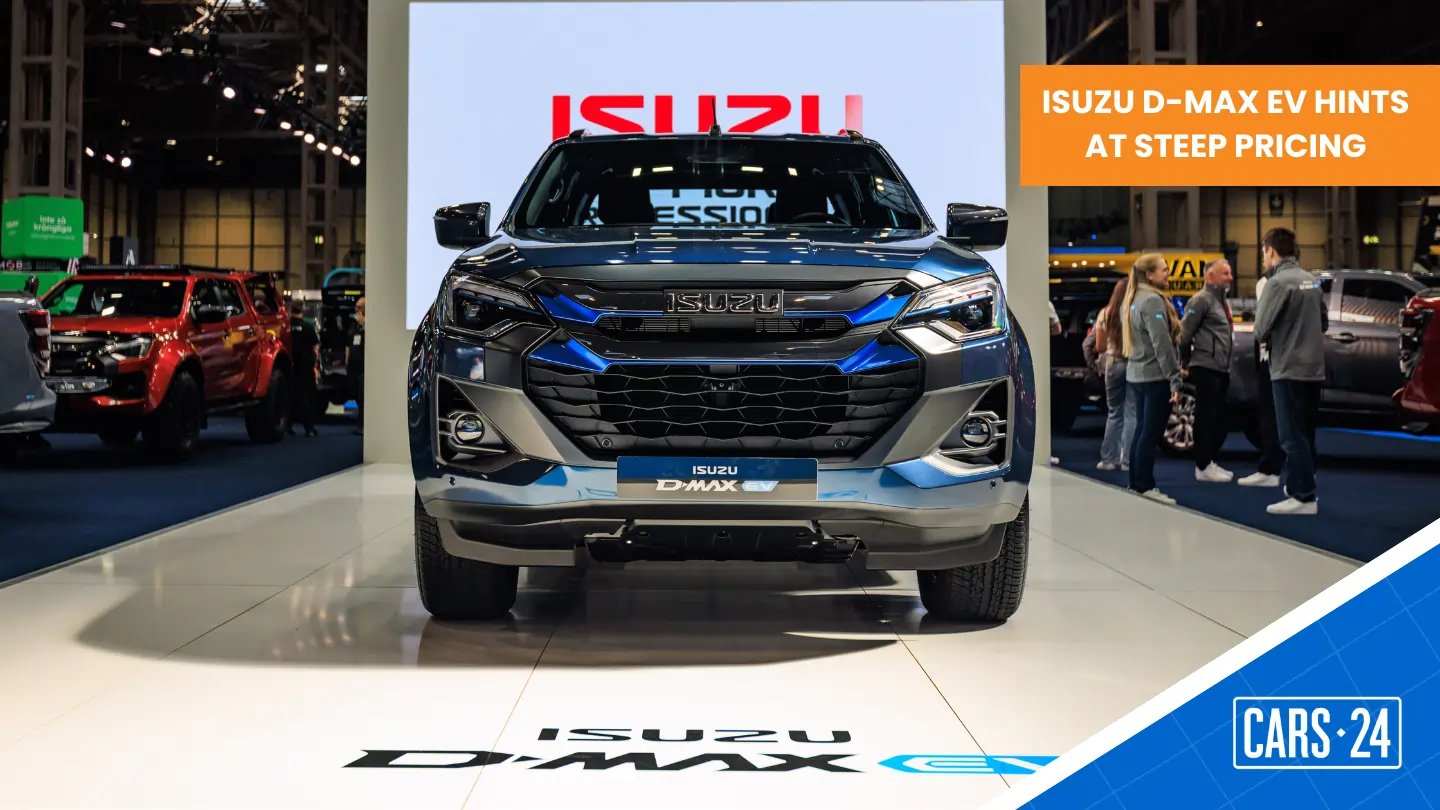
Comments
New Comment